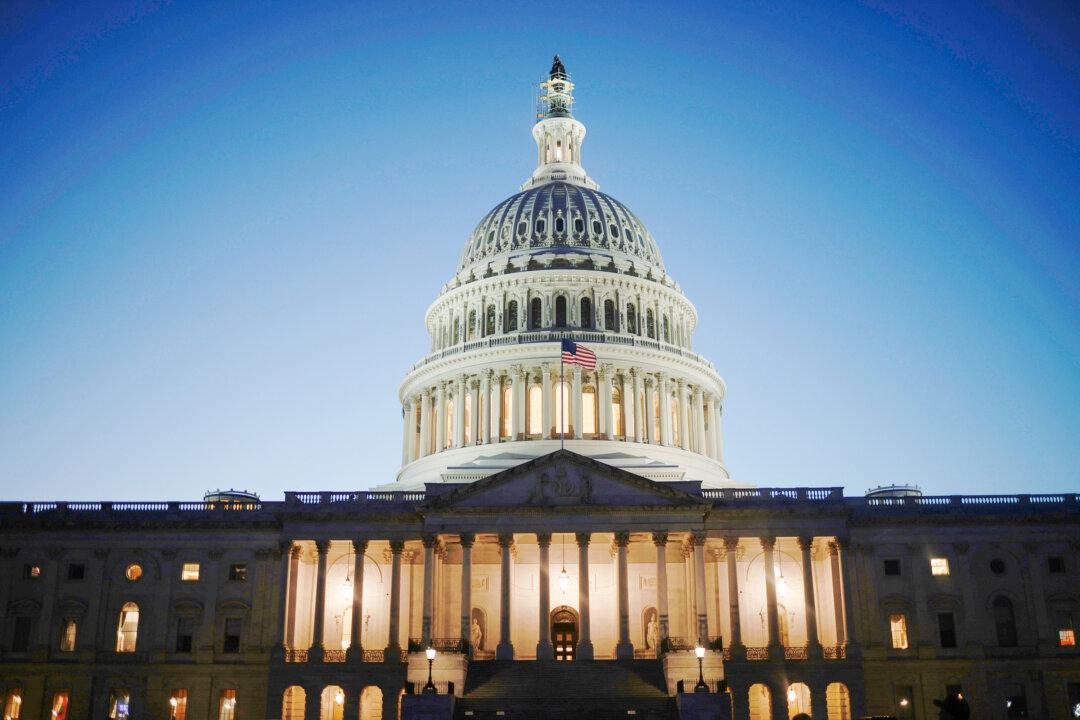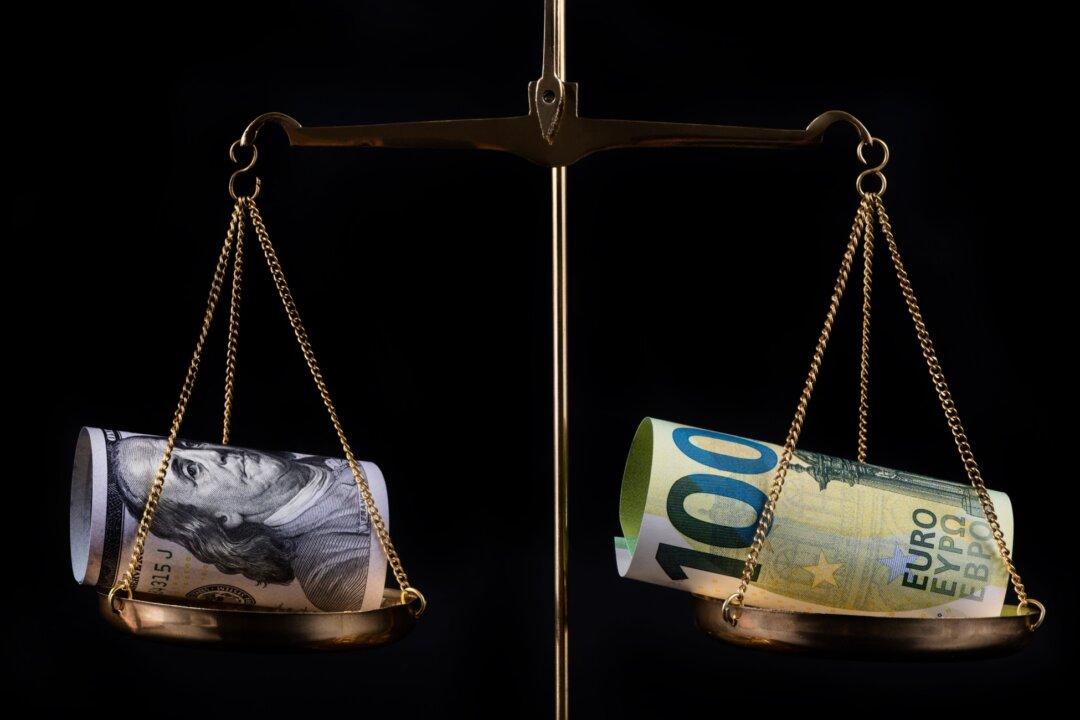Commentary
Lately, Donald Trump (and Elon Musk) have agreed to consider returning at least some of the money that the Department of Government Efficiency (DOGE) saves to the American people. Estimates vary on how big of a check could be going to Americans and there is, of course, debate as to which Americans should get the money and, if so, how much money. Some reports indicate that it could be as much as $5,000. Giving this to all 340 million people would cost $1.7 trillion. Restricting it to the 258 million adults in the United States would cost $1.29 trillion. If instead we gave these dividends only to the 153.8 million taxpayers, it would cost $769 billion. All of these represent a great chunk of the $2 trillion that DOGE originally promised to save and that Musk is now walking back.




